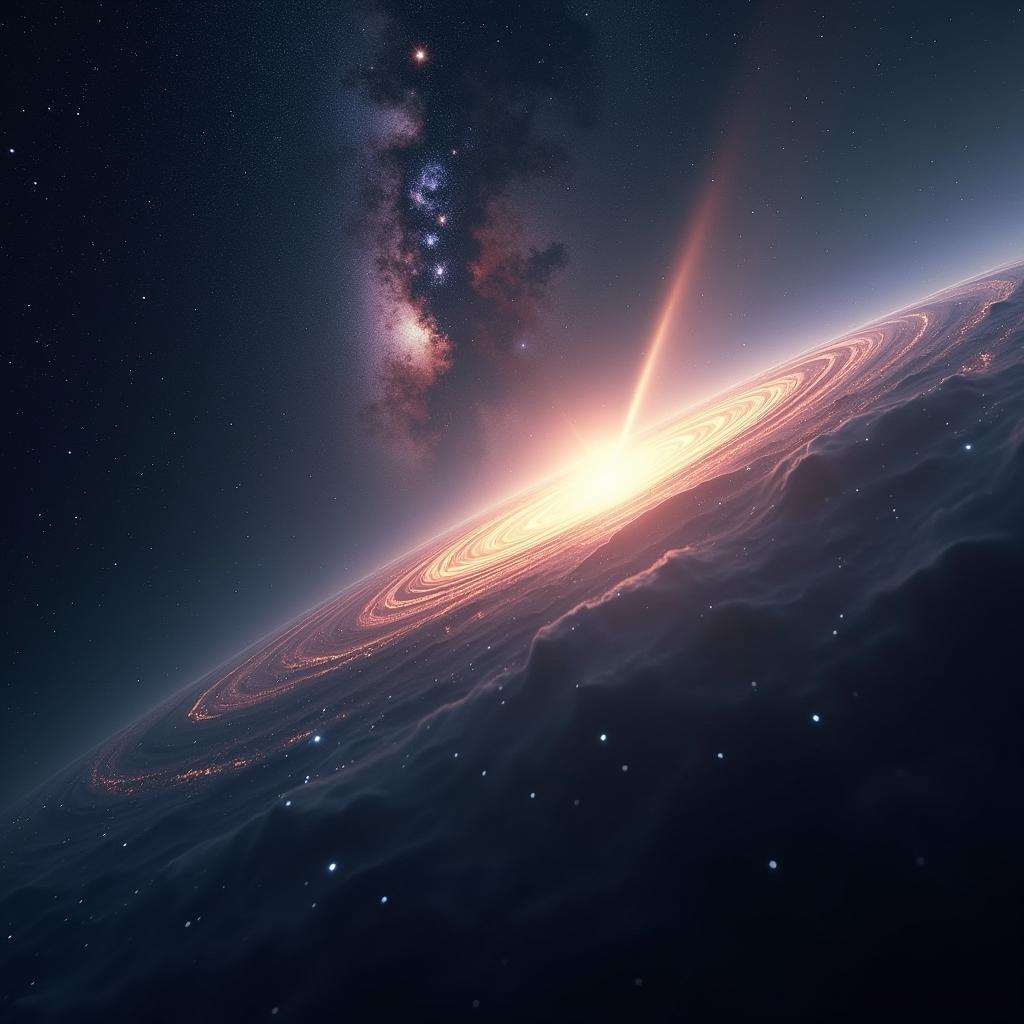
Fast radio bursts (FRBs)—those blink-and-you’ll-miss-them flashes of energy from deep space—have puzzled scientists for years. Now, new research has traced two of these mysterious signals to wildly different cosmic neighborhoods, hinting that they might not all come from the same kind of source.
One of the bursts, detected in 2022, seems to have come from a dense, magnetized neutron star called a magnetar. These stars are like the cosmic heavyweights of magnetism, with fields so intense they can rip atoms apart. The burst, named FRB 20221022A, sent out a highly polarized signal, suggesting it originated close to the star’s surface. Researchers believe the energy was unleashed when the star’s magnetic field twisted and reconfigured, releasing a powerful wave of radio energy.
The other burst, however, tells a completely different story. Discovered in February 2024, FRB 20240209A repeated itself 21 times over several months. Scientists traced it to the outskirts of an ancient, star-starved galaxy located 2 billion light-years away. This galaxy is massive and old, with no new stars forming, making it an unlikely candidate for an FRB host. Yet, there it was, lurking on the galactic fringes—far from the star-forming regions where most FRBs are thought to originate.
These findings suggest that fast radio bursts might not all come from the same type of environment. Some could be born in the intense magnetic fields around neutron stars, while others might emerge from older, quieter corners of the universe where stars rarely form.
“The universe keeps surprising us,” said one researcher involved in the studies. “Each FRB seems to have its own unique story.”
With advancements in technology like the Canadian Hydrogen Intensity Mapping Experiment (CHIME) telescope, scientists are detecting and tracking FRBs like never before. These discoveries are bringing us closer to solving one of space’s biggest mysteries—what exactly causes these short, powerful bursts of energy.
As astronomers continue to study FRBs, they’re uncovering more questions than answers. But one thing’s clear: the universe loves to keep us guessing.
